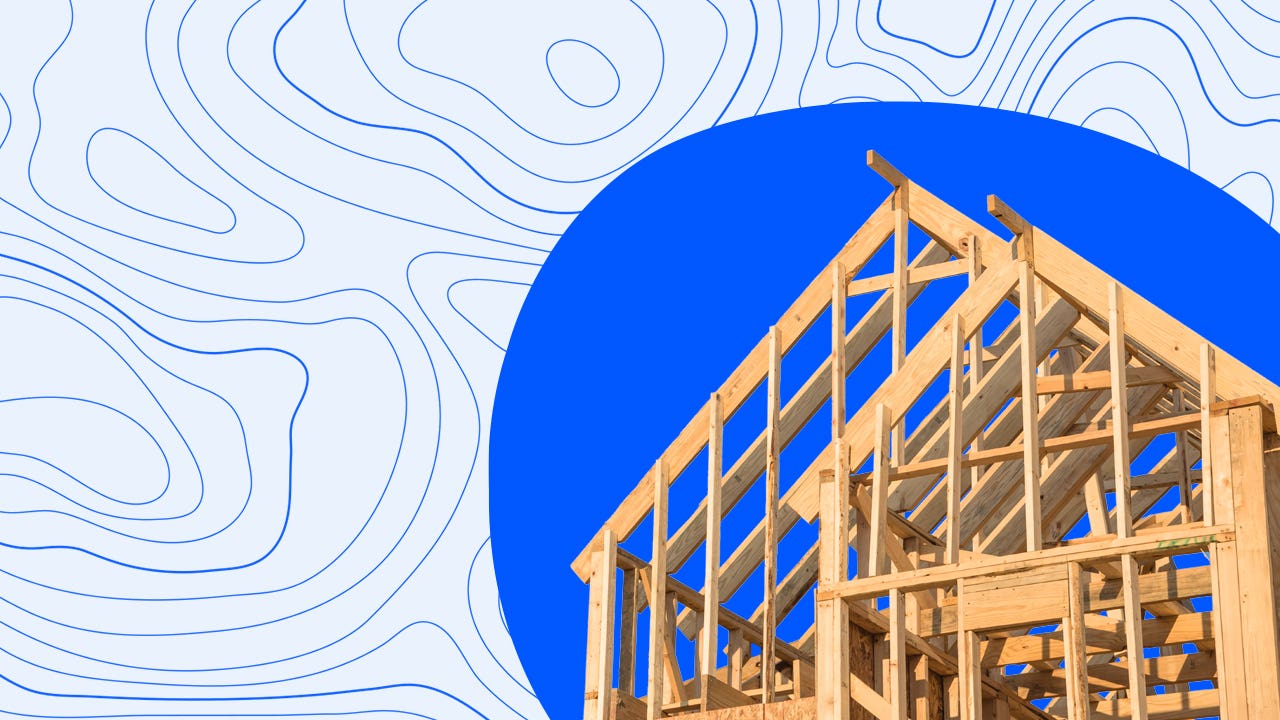
Guide to Choosing the Best Construction Loan Lender
Determine Your Construction Loan Need
Before you apply for a construction loan, you should assess your situation in order to determine exactly what type of construction loan will work best for you. You should consider factors including your savings for a down payment, credit score, and overall loan amount when looking for lenders. It’s a good idea to receive quotes from contractors so you have an estimate of how much the total project will cost.
Compare Construction Loan Lenders
There are a few different factors that you should keep in mind when selecting a home improvement loan or lender. These include:
Low rates: The lower the rates on your construction loan, the less you’ll end up paying in interest over time. You should look for a loan with rates that are as low as possible.
Flexible down payment requirements: While some lenders require a standard down payment of 20%, others are more flexible. Depending on how much you have saved up, you should look with a lender with flexible down payment requirements.
Flexible credit score requirements: Just because you don’t have a perfect credit score doesn’t mean you can’t get a construction loan. Some lenders allow applications from borrowers with fair credit.
Geographic location: Make sure to choose a lender that services your area.
Customer support: You should look for lenders with a history of high customer satisfaction and robust customer support.
Apply for a Construction Loan
To apply for a construction loan, there are a few types of documentation you’ll need. These include architectural plans and drawings, your builder’s certifications, building code compliance, and a schedule for periodic inspections. You’ll also need to provide a detailed construction budget and timeline. Before you apply, it’s also a good idea to make sure that your finances are in order. You should make sure that your credit score is as high as possible, that you have a low debt to income ratio, and that you have enough in savings to cover the cost of a down payment and closing fees.
What Is a Construction Loan?
A construction loan is a short-term loan, usually lasting 12 months, that a builder or home buyer uses to finance building a new home. Different lenders have variations on construction loans. For example, there are loans for builders, loans for home buyers, loans for just the construction period, and combined loans, sometimes called single-close loans, which wrap the financing of the land purchase, the home construction, and the permanent mortgage into a single approval process.
Can You Get a Construction Loan With 10% Down?
Yes, you can get a construction loan with 10% down but it depends on the lender and the program they use. Traditionally financed construction loans will require a 20% down payment, but there are government agency programs that lenders can use for lower down payments. Lenders who offer VA and USDA loans are able to qualify borrowers for 0% down. For FHA loans, your down payment could be as low as 3.5%. If the lender uses a Fannie Mae loan, your down payment could be only 5%.
What Are Construction Loan Interest Rates?
Interest rate ranges will differ based on whether you have a construction loan to finance just the construction period or whether you have a combined single-close loan that blends the construction and the permanent mortgage together. The construction-only loan is considered a bit riskier. The rates for these are in the 5% to 10% range, and typically at least 5% higher than traditional permanent mortgage rates to buy an existing home.
Combined single-close construction loans are a bit closer to the lower permanent financing loan rates because they account for a much longer term, such as 30 years. Your credit history, and sometimes the size of your down payment, will impact your construction loan interest rate.
How Do You Qualify for a Construction Loan?
A lender is going to look at much more than just your credit score and down payment amount before it approves your construction loan. You’ll need to produce architectural plans and drawings, your builder’s certifications, and a detailed construction budget and timeline. The lender will also want to see building code compliance and a schedule for periodic inspections to authorize the phased release of the construction loan funds.
From the borrower, most lenders will want a credit score above 700 for traditional financing, but with special programs, the minimum could be in the low 600s. Your down payment will need to be at least 20% unless you qualify for one of the government agency loan programs. Your income, and especially your debt to income ratio, will matter as well.
Methodology
We looked at 24 construction lenders before choosing on the best seven. To be named one of our best, we wanted lenders that had a broad geographical reach so that our choices could be used by a majority of our readers.
We looked for lenders with expertise in several construction loan programs so that you’d find several options without needing to use up your valuable time interviewing many firms. We selected companies whose low end of their interest rate ranges were closest to traditional permanent financing, because those are the lowest rates available.
Finally, we favored lenders with lower down payment requirements and lower credit score minimums to expand your chances of finding a competitive construction loan.
